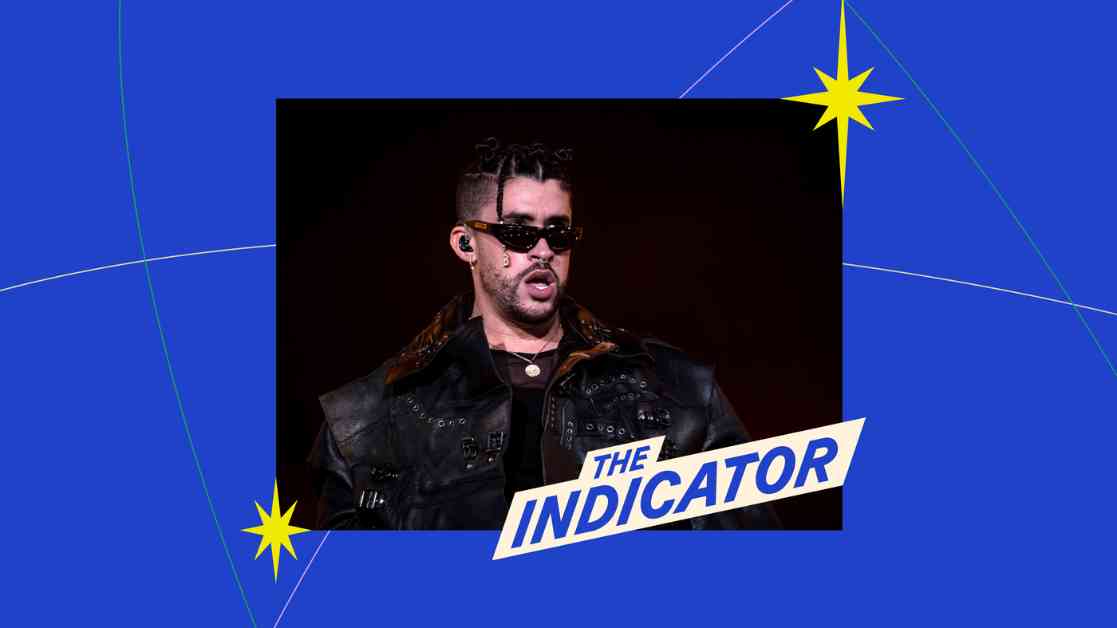The recent release of Bad Bunny’s album “DeBÍ TiRAR MáS FOToS” has sparked discussions about the evolving landscape of Puerto Rico and the potential impact of tax incentives on the island’s transformation. In a unique exploration of Puerto Rican tax law through the lens of Bad Bunny’s music, we delve into the complexities of the island’s tax system and its implications for both residents and newcomers alike.
Bad Bunny: A Voice for Change
Bad Bunny, the renowned Puerto Rican reggaeton artist, has long been recognized for his socially conscious lyrics and unapologetic advocacy for his homeland. Through his music, he sheds light on the cultural shifts and challenges faced by Puerto Ricans in a rapidly changing environment. With his latest album, Bad Bunny continues to use his platform to amplify the voices of his people and draw attention to issues that affect the community at large.
Exploring Puerto Rican Tax Law
One of the key themes that emerges from Bad Bunny’s music is the impact of tax policies on Puerto Rico’s socioeconomic landscape. As the island grapples with economic challenges and demographic changes, the role of tax incentives in shaping its future has come under scrutiny. Newcomers to Puerto Rico, enticed by favorable tax breaks and incentives, have been drawn to the island in increasing numbers, leading to a wave of gentrification and cultural shifts that have left many local residents feeling marginalized.
In recent years, Puerto Rican tax law has undergone significant changes aimed at attracting investment and stimulating economic growth. The island’s status as a U.S. territory has made it a popular destination for individuals seeking tax advantages, particularly in the realm of cryptocurrency and other emerging industries. However, the influx of new residents has raised concerns about the displacement of local communities and the erosion of Puerto Rican culture in the face of rapid development and urbanization.
As Puerto Rico grapples with these complex issues, Bad Bunny’s music serves as a poignant reminder of the importance of preserving the island’s cultural heritage and supporting the well-being of its residents. By drawing attention to the intersection of art, music, and tax policy, Bad Bunny encourages listeners to reflect on the broader implications of economic incentives and their impact on the fabric of Puerto Rican society.
In conclusion, Bad Bunny’s exploration of Puerto Rican tax law through his music offers a unique perspective on the challenges and opportunities facing the island. By using his platform to raise awareness of these issues, Bad Bunny invites us to consider the broader implications of tax policies on the cultural and economic landscape of Puerto Rico. As we navigate the complexities of a changing world, Bad Bunny’s music reminds us of the importance of preserving our roots and advocating for the well-being of all communities, both near and far.



















